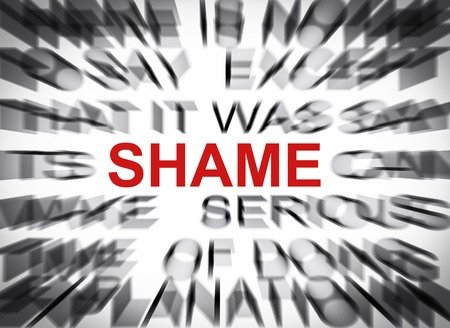Shame: The Master Emotion
A child is assaulted by a parent; the other parent looks away, dismisses, minimizes, or simply doesn’t see.[1] What happens psychologically? The assault needs to be addressed in the short term whether it is physical, psychological, or both. However, the way the event is witnessed by the other parent (or community, teacher, relative, etc.) will have a longer-term impact. When this child becomes an adult, they may never seek help, never talk about being abused, or take any effort to heal their injury for one simple reason—they have internalized the viewpoint of the parent who witnessed the event and now they too dismiss, minimize, or deny its occurrence. While the initial assault, like any wound, requires address and redress, the insufficient witnessing wraps the wound in shame, like a bacterial laden bandage, infecting the person’s beliefs, convincing them that their pain and suffering is a result of their own inadequacy.
